عـمـلـنـا
عملت المبادرة العالمية للعدالة و الحقيقة و المصالحة منذ تأسيسها في 2014 مع شركاء في 60 دولة، و رعت أكثر من 240 مشروعًا شعبيًا و أشركت أكثر من 560 منظمة محلية من منظمات المجتمع المدني في بناء القدرات و التأسيس للمشاركة المجتمعية الواسعة في عمليات العدالة الانتقالية. و فيما يلي أبرز المشاريع المختارة.
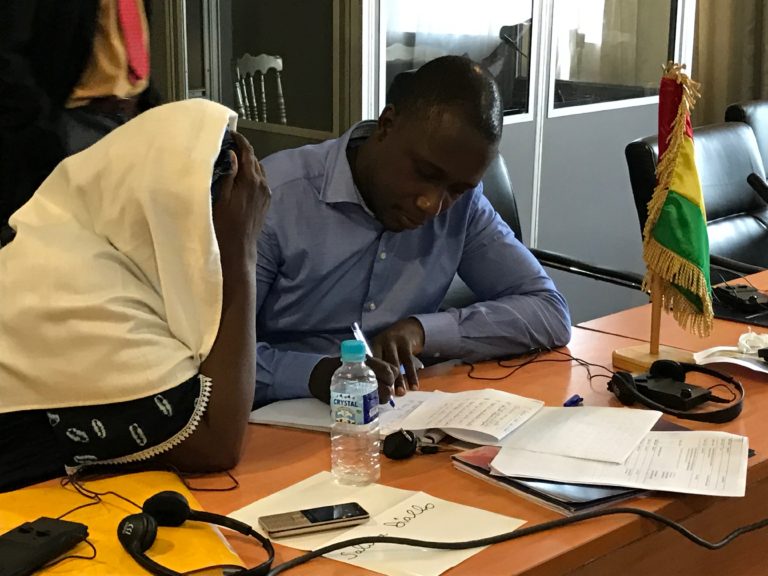
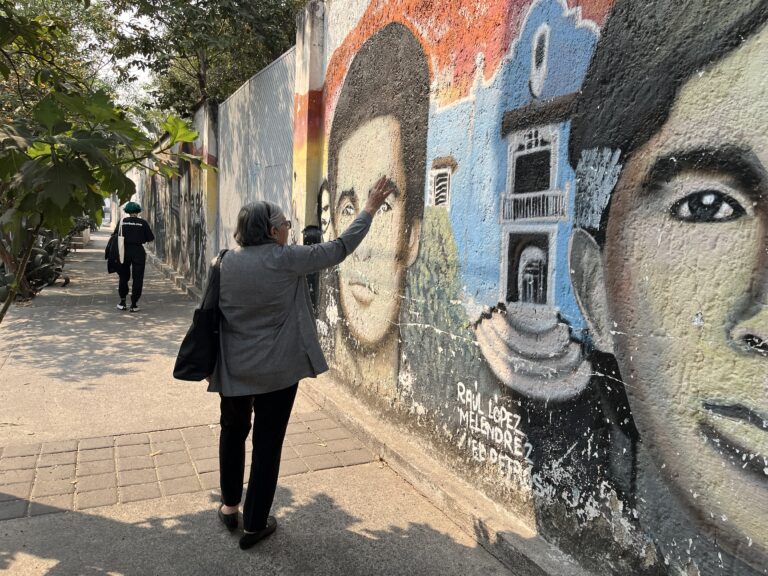
توثيق أزمة الروهينجا
تعمل المبادرة العالمية للعدالة و الحقيقة و المصالحة مع مجتمع الروهينجا في مخيمات اللاجئين في بنغلاديش لبناء قدرات النشطاء المحليين لتوثيق و أرشفة الأدلة و المعلومات الأخرى حول انتهاكات حقوق الإنسان المرتكبة في ولاية راخين، في ميانمار، و ذلك لدعم المجتمع المدني للروهينغيا و بنغلاديش في عمليات العدالة الانتقالية؛ و حفظ السجلات لاستخدامها في آليات العدالة الانتقالية المستقبلية؛ و تكريم الناجين من خلال مشاريع تخليد الذكرى و مبادرات الذاكرة الأخرى.
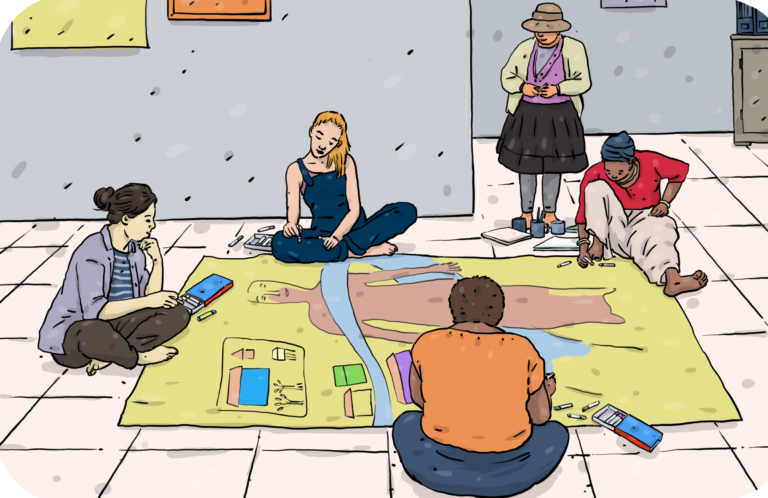
كشف الحقيقة في كولومبيا
تسبب الصراع في كولومبيا في مقتل أكثر من مئتي ألف شخص بين عامي 1958 و 2013. و لمساعدة المتضررين، و البدء في ردم هوة الانقسامات التاريخية، تقوم المبادرة العالمية للعدالة و الحقيقة و المصالحة بتقديم النصح و المشورة إلى لجنة الحقيقة في كولومبيا بخصوص أفضل الأدوات لجمع و توثيق و مشاركة قصص الناجين من النزاع – ما يعدّ خطوة أساسية لضمان استمرار السلام في البلاد.
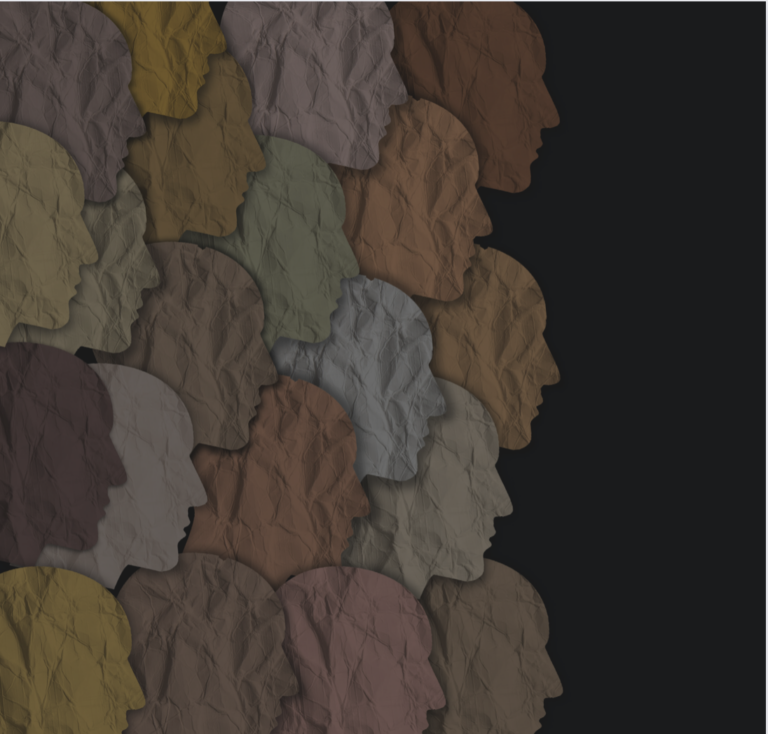
تحفيز البحث عن الحقيقة في غينيا
تهدف برامج المبادرة العالمية للعدالة و الحقيقة و المصالحة في غينيا إلى بناء قدرات منظمات المجتمع المدني و الضحايا للمشاركة في قضايا الحقيقة و العدالة و المصالحة بطريقة مستنيرة و مستدامة. فمن خلال الدعم الفني و المالي الذي تقدمه المبادرة، بات بإمكان الشركاء المحليين بناء قدراتهم التنظيمية، و تطوير علاقات الثقة، و توسيع مدى تأثيرهم بشكل عام.
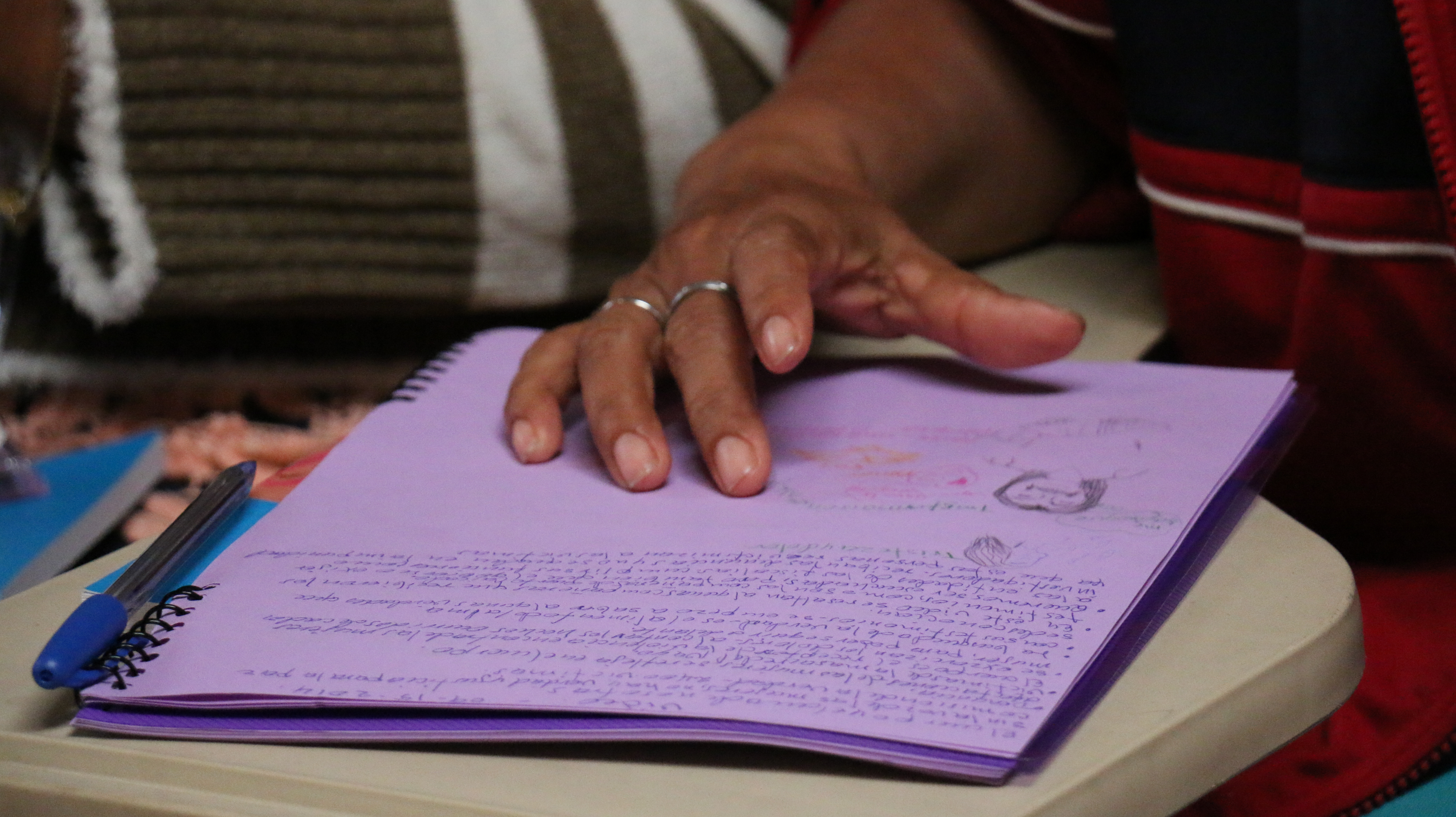
غامبيا تحتضن الجميع
جميع الغامبيين تقريبًا كانوا ضحايا لنظام جامع الاستبدادي (1996-2017)، حيث تسبب انتشار التعذيب و الاحتجاز صدمات بعيدة المدى. و لضمان أن تكون أصوات الضحايا في طليعة عملية العدالة الانتقالية في البلاد، تقوم المبادرة العالمية للعدالة و الحقيقة و المصالحة ببناء قدرات منظمات المجتمع المدني المحلية لضمان أن تكون هناك مجموعة منسقة و مدربة جيدًا من الفاعلين في المجتمع المدني القادرين على المشاركة على مستوى الدولة ككل و كذلك على مستوى المجتمع لضمان تلبية احتياجات الضحايا و المجتمعات المحلية و الاستماع لهم و الأخذ بآرائهم في جميع خطوات عمليات السلام.
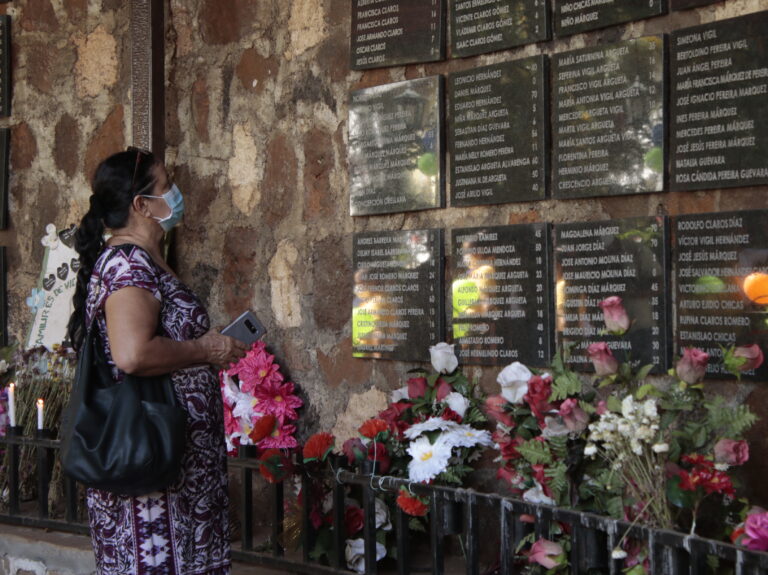
أكاديمية الطب الشرعي
تهدف أكاديمية الطب الشرعي إلى الجمع بين شركاء المبادرة العالمية للعدالة و الحقيقة و المصالحة و المشاركين الدوليين العاملين في مختلف بيئات النزاع و ما بعد النزاع لتعزيز تبادل الخبرات مع مجموعة من أصحاب المصلحة، بما في ذلك الخبراء الشرعيين الفنيين و أفراد أسر الضحايا و المدعين العامين و مزودي الدعم القانوني و الدعم النفسي و الاجتماعي. كما ينفذ شركاء المبادرة العالمية للعدالة و الحقيقة و المصالحة سلسلة من الأنشطة التي تهدف إلى تمكين مجموعة من النشطاء و الأكاديميين و الممارسين لتصميم و تنفيذ تحقيقات شرعية شاملة و برامج دعم لعائلات المختفين في بلدانهم، بناءً على فهمهم لسياقهم المحلي.
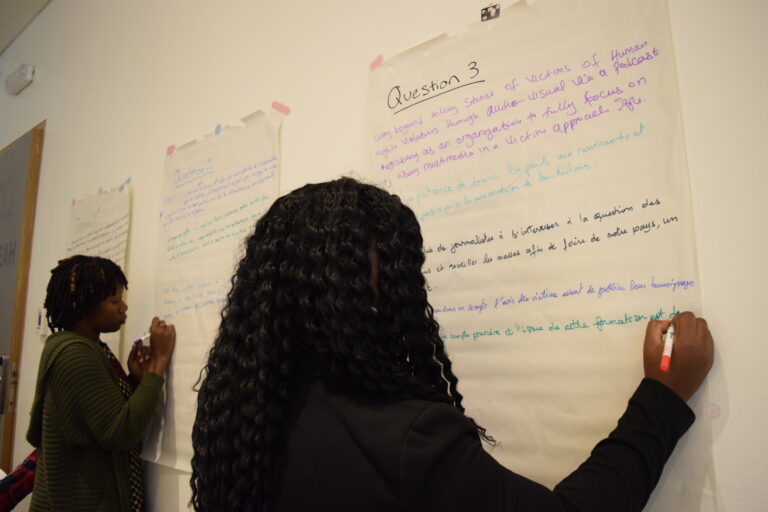
أكاديمية العدالة الانتقالية في الشرق الأوسط و شمال أفريقيا
تجسد أكاديمية العدالة الانتقالية في الشرق الأوسط و شمال أفريقيا منهجًا شاملًا و متعدد التخصصات، حيث تعمل على بناء قدرات مجموعة أساسية من الخبراء المحليين المجهزين ليكونوا بمثابة مصدر للممارسين الآخرين، و كخبراء أفراد يدعمون أنشطة العدالة الانتقالية الإقليمية. كما تقدم الأكاديمية دورات تدريبية و منحًا فرعية لمجموعة جديدة من النشطاء و الأكاديميين و الممارسين والجهات الفاعلة غير التقليدية لتوسيع قاعدتهم المعرفية حول أدوات العدالة الانتقالية، بالإضافة إلى تيسير تطبيق العدالة الانتقالية المجتمعية عبر مشاريع الحقيقة و العدالة و المصالحة.
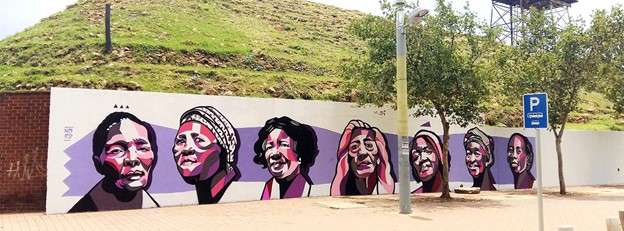
أكاديمية العدالة الانتقالية للشباب الأفريقي
عمل هذا المشروع من خلال بنائه على حركات النشاط الشبابية الحالية في أفريقيا حول قضايا الحقيقة و العدالة و المصالحة على تطوير و تعزيز الجيل القادم من نشطاء العدالة الانتقالية و قادة المجتمع المدني. فقد زاد الشباب المشاركون من معرفتهم بآليات العدالة الانتقالية الواسعة و بدور الشباب في عمليات العدالة الانتقالية، بالإضافة إلى صقل فهمهم بشأن كيفية الاستفادة من مهاراتهم الحالية في دعم الحقيقة و العدالة و المصالحة.
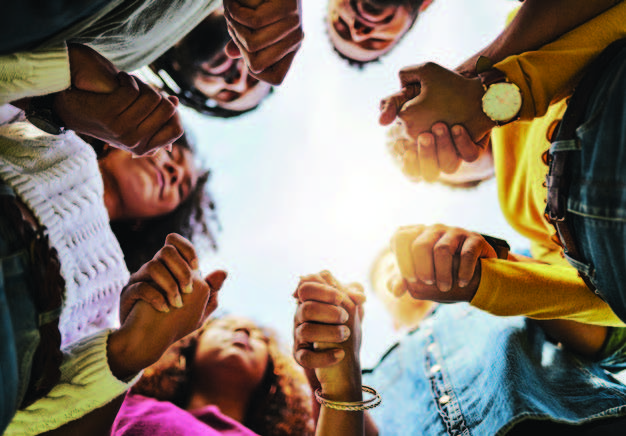
توثيق المجتمع المدني للمساءلة
سيقوم هذا البرنامج بتيسير نقاش مباشرة بين موثقي المجتمع المدني و الجهات الفاعلة في القانون الجنائي الدولي. فمن خلال تبادل الدروس المستفادة و التحديات العملية، سيولد هذا الحوار فهماً أعمق من جانب الجهات الفاعلة الرئيسية في القانون الجنائي الدولي فيما يتعلق بالفائدة الاستراتيجية لتوثيق حقوق الإنسان من أجل المساءلة. و بالمثل، سيخرج موثقو المجتمع المدني بفهم أعمق حول كيفية جعل عملهم المستقبلي مرتبطًا بشكل أوثق بالقانون الدولي.
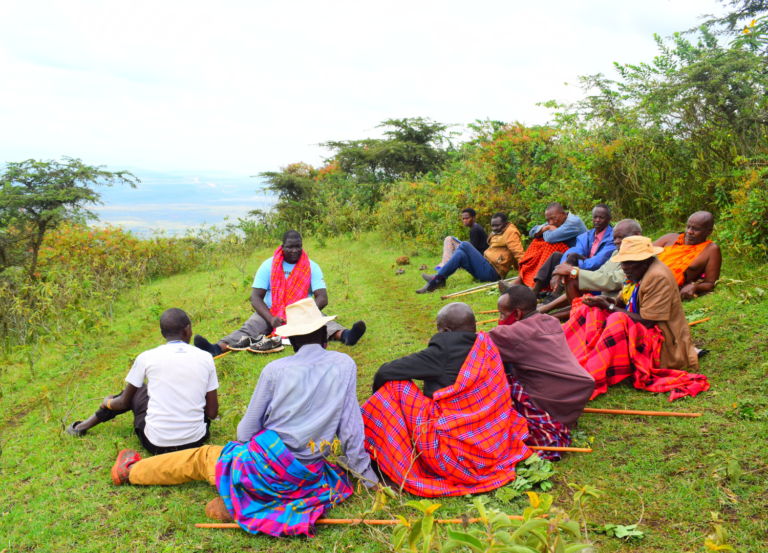
فهم و معالجة الحقوق الاقتصادية و الاجتماعية و الثقافية في العدالة الانتقالية
أدى مشروع البحث الذي رعته المبادرة العالمية بعنوان "فهم الحقوق الاقتصادية و الاجتماعية و الثقافية و معالجتها في العدالة الانتقالية" إلى أداة تقييم هي الأولى من نوعها لدعم حملات المناصرة المجتمعية و تقديم أدلة دامغة على الحاجة إلى تضمين انتهاكات الحقوق الاقتصادية و الاجتماعية و الثقافية في عمليات العدالة الانتقالية.
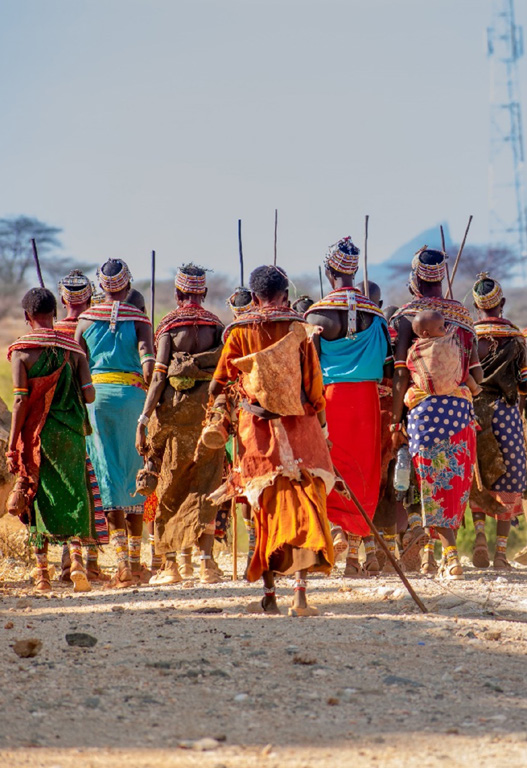
منشورات المبادرة العالمية للعدالة و الحقيقة و المصالحة
تنتج المبادرة العالمية للعدالة و الحقيقة و المصالحة بشكل منتظم منشورات تحتوي على بعض الدروس المستفادة من أعمالها حول العالم. و تقدّم هذه الكتيبات المعدّة خصيصًا للممارسين و الأكاديميين و النشطاء استراتيجيات و أدوات ملموسة لمساعدة الناجين من النزاعات الأخيرة على التعافي من الصدمات النفسية التي تعرضوا لها و تقديم العون لمجتمعاتهم حتى تكسر دائرة العنف.
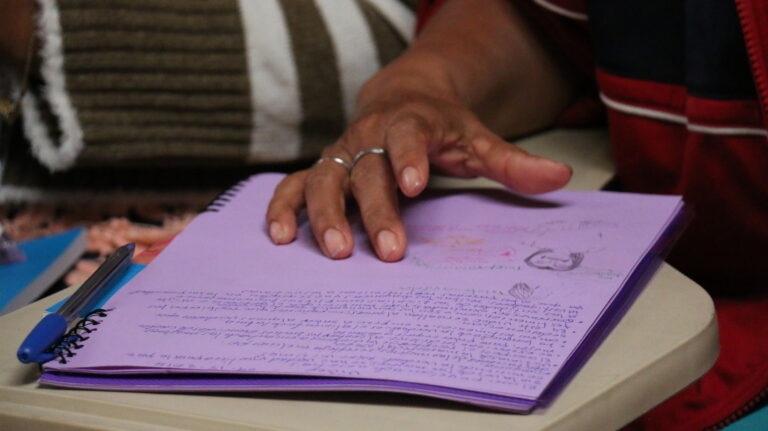
Reintegration of Women Victims of Conflict-related Sexual Violence and Children Born Out of War
Transitional justice processes have the potential to play a crucial role in the healing and reintegration of women victims of conflict-related sexual violence and children born out of war (CBOW) by providing opportunities for truth-telling around the circumstances through which these women were assaulted or abducted, publicly recognizing them as victims, and providing them with reparations.

Supporting CSOs in Digital Archiving
Digital archiving is crucial to the work of civil society organizations (CSOs) in helping them to document past and ongoing human rights violations and better utilize information to support transitional justice mechanisms and community-based truth, justice and memory initiatives.
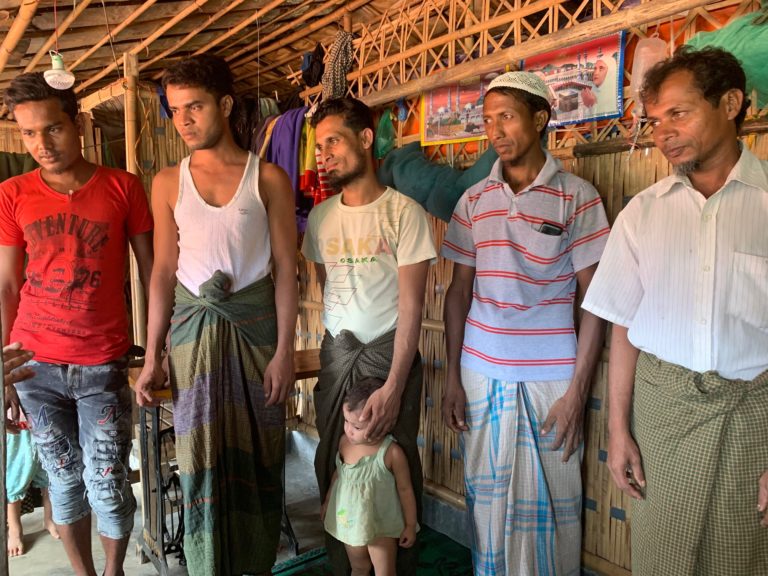
Documenting the Rohingya Crisis
The GIJTR is working with the Rohingya community in refugee camps in Bangladesh to build the capacity of local activists to document and archive evidence and other information about human rights violations committed in Rakhine State, Myanmar to support Rohingya and Bangladeshi civil society in transitional justice processes, preserve records for use in future transitional justice mechanisms, and dignify survivors through memorialization projects and other memory initiatives.
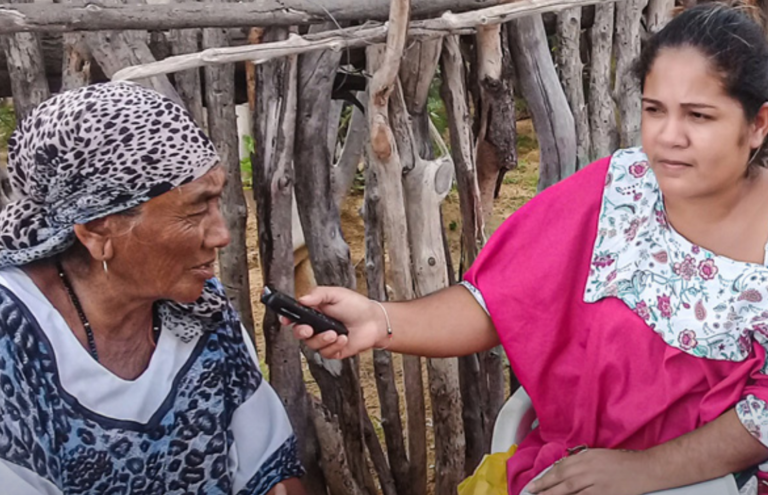
Truth-Telling in Colombia
The conflict in Colombia killed over 450,000 people between 1958-2013. To help those affected, and begin to bridge historic divides, the Global Initiative for Justice, Truth and Reconciliation is advising the Colombian Truth Commission on the best tools for collecting, documenting and sharing the stories of the conflict’s survivors – an integral step to ensuring lasting peace in the country.
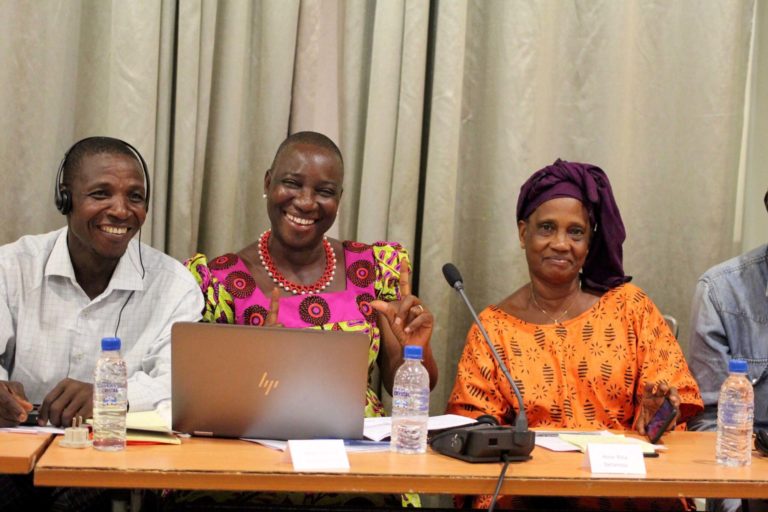
Galvanizing Guinea's Quest for Truth
GIJTR’s programming in Guinea aims to build the capacity of CSOs and victims to engage in issues of truth, justice and reconciliation in an informed and sustained manner. Through GIJTR’s technical and financial support, local partners have been able to build their organizational capacities, develop trusting relationships, and overall maximize their impact.
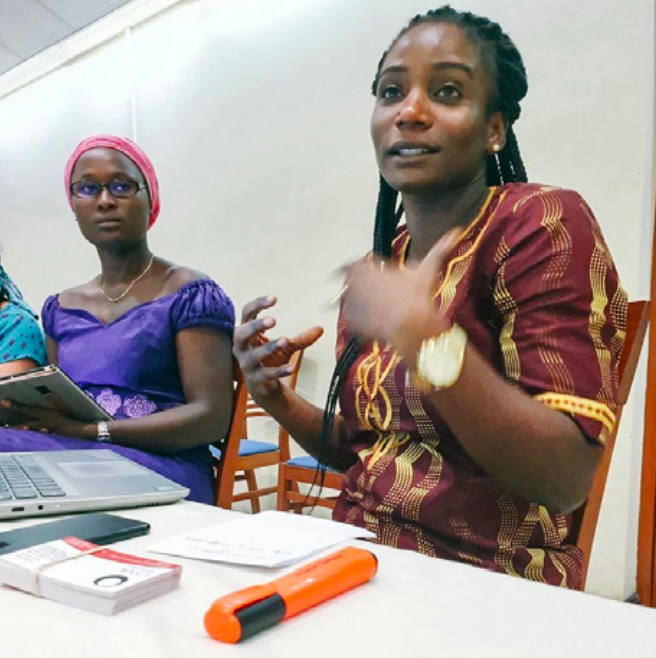
A Gambia for All
Almost all Gambians are victims of the Jammeh authoritarian regime (1996-2017), with the pervasiveness of torture and detention causing far-reaching trauma. To ensure victims’ voices are at the forefront of the country's transitional justice process, GIJTR is building the capacity of local CSOs to ensure that there is a well-trained, coordinated cohort of civil society actors who are able to engage at both the state and community level to ensure that victims’ and local communities’ needs are addressed and that their voices are included in all steps of the peace processes.
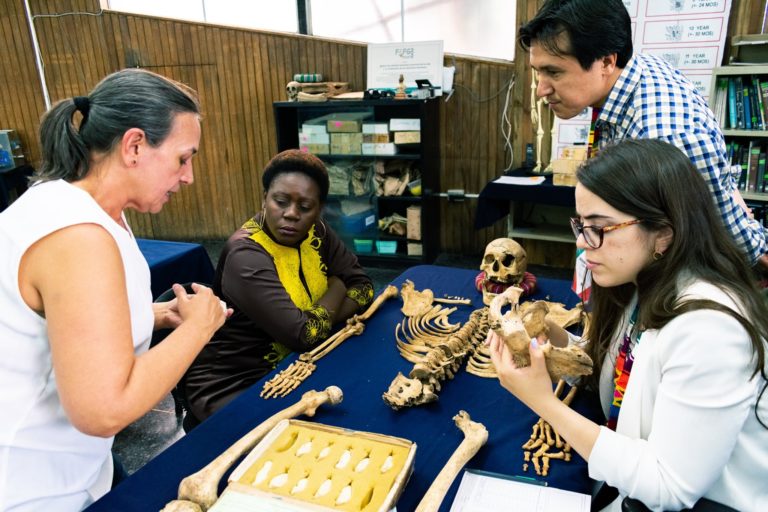
The Forensic Academy
The aim of the Forensic Academy is to bring together GIJTR partners and international participants working in diverse conflict and post-conflict settings to promote an exchange of experiences with a range of stakeholders, including technical forensics experts, victim's family members, prosecutors, and legal and psychosocial support. GIJTR partners are undertaking a series of activities that aim to empower a group of activists, academics and practitioners to design and implement holistic forensic investigations and support programs for families of the disappeared in their countries, based on their understanding of their local context.
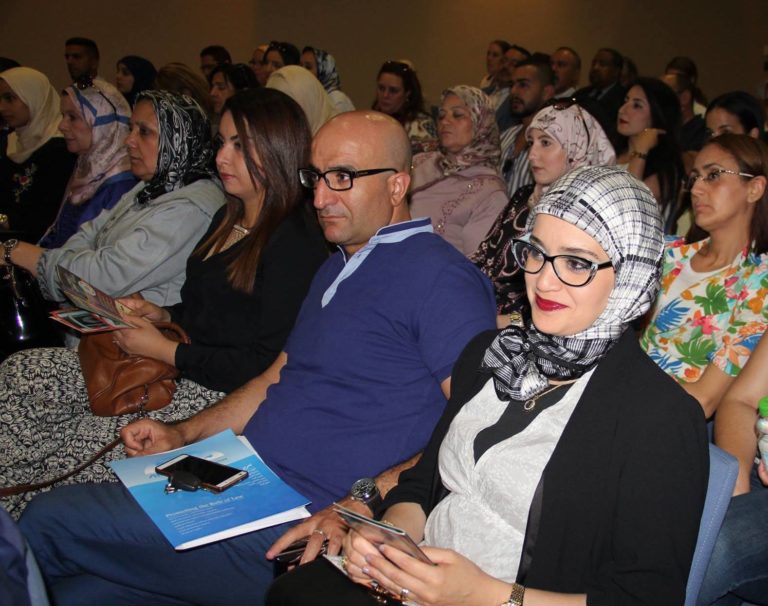
MENA Transitional Justice Academy
The MENA Transitional Justice Academy embodies a holistic and interdisciplinary approach, building the capacity of a core group of local experts equipped to serve as a resource for other practitioners and as individual experts to support regional transitional justice activities. The Academy provides trainings and sub-grants to a new cohort of activists, academics, practitioners and non-traditional actors to increase their knowledge base of transitional justice tools, as well as facilitate implementation of community transitional justice through truth, justice and reconciliation projects.
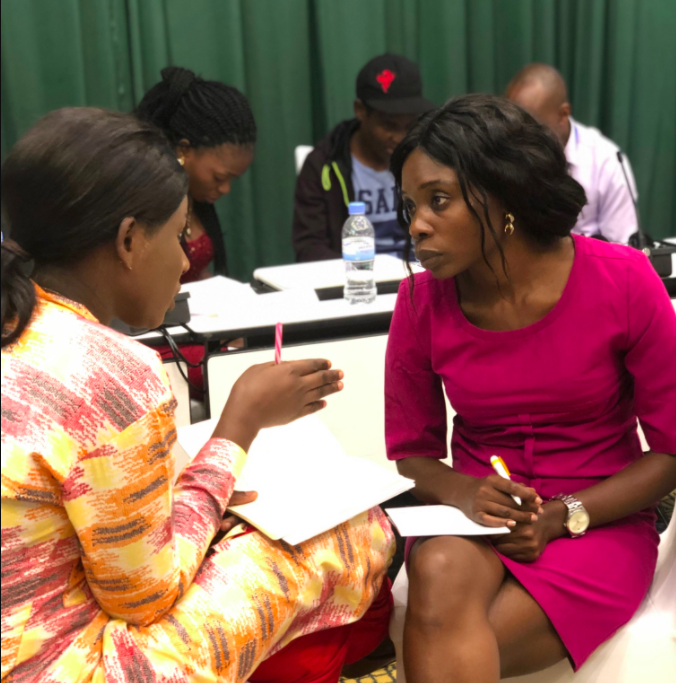
African Youth Transitional Justice Academy
Building on existing youth activism movements in Africa around truth, justice and reconciliation issues, this project developed and strengthened the next generation of transitional justice activists and civil society leaders. The participating youth increased their knowledge of broad transitional justice mechanisms and the role of youth in transitional justice processes, as well as honed their understanding of how their existing skills may be utilized to support truth, justice and reconciliation.
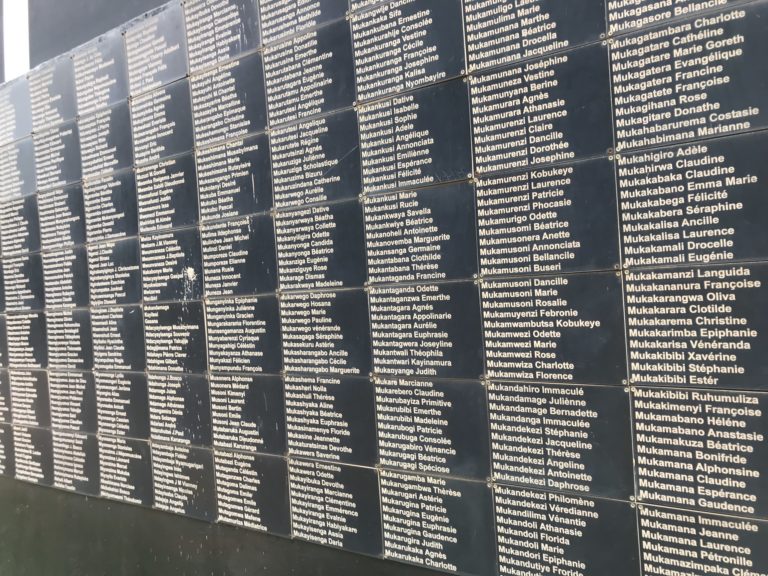
Civil Society Documentation for Accountability
This program will facilitate a conversation directly between civil society documenters and international criminal law actors. By exchanging lessons learned, as well as challenges in practice, this dialogue will generate deeper understanding on the part of key international criminal law actors as to the strategic utility of human rights documentation for accountability. Likewise, civil society documentors will leave with a deeper understanding on how their future work can be more relevant to international law.
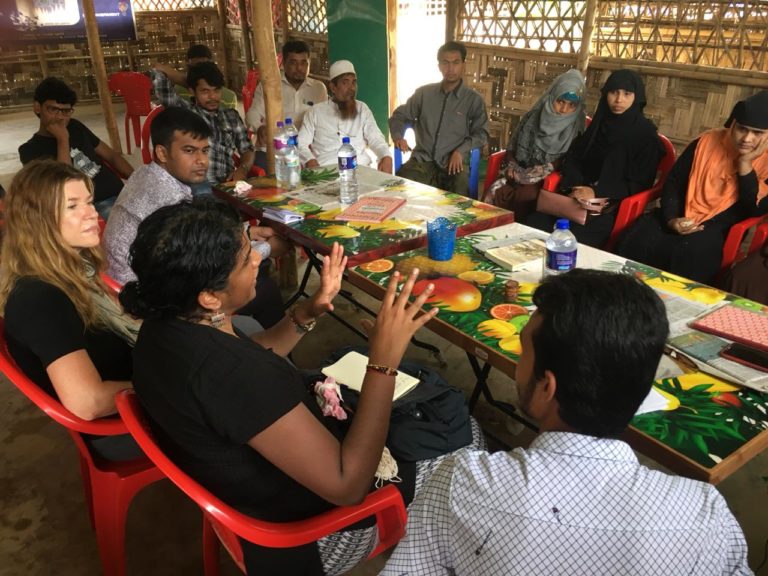
Understanding and Addressing ESCR in Transitional Justice
The GIJTR's research project, Understanding and Addressing Economic, Social and Cultural Rights (ESCR) in Transitional Justice, led to a first-of-its-kind assessment tool to support advocacy campaigns by communities and provides compelling evidence of the need to include ESCR violations in transitional justice processes.
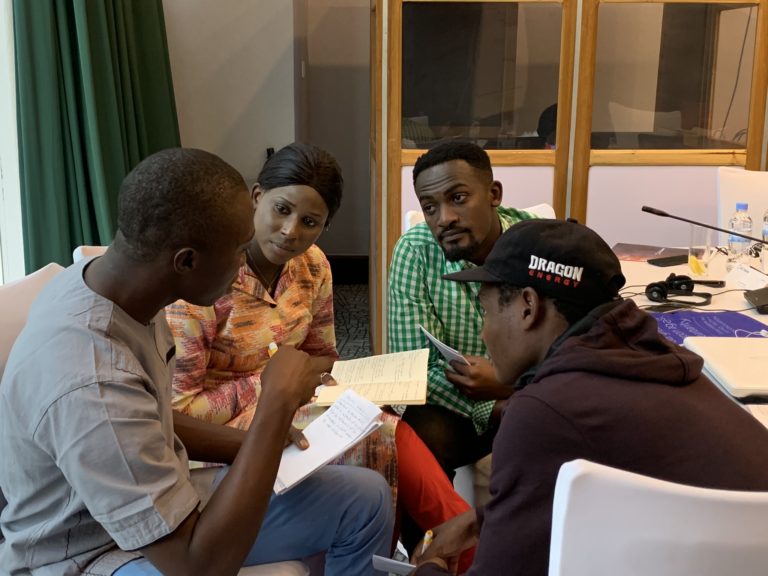
GIJTR Publications
The Global Initiative for Justice, Truth and Reconciliation regularly produces publications that share lessons learned from its work around the globe. Written specifically for practitioners, academics and activists, these manuals offer concrete strategies and tools to assist survivors of recent conflicts to heal from the traumas they have endured and help their communities break cycles of violence.
